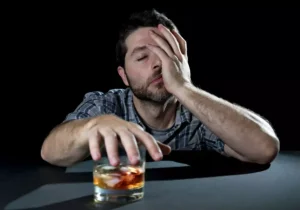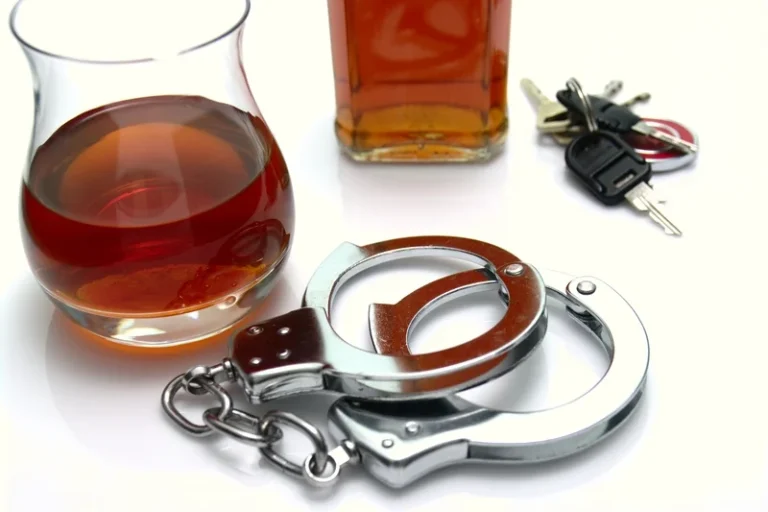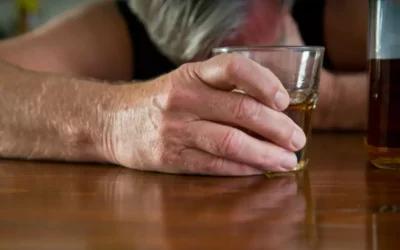
By developing these skills, individuals can better navigate their emotional landscape, reduce the power of internal triggers, and ultimately support their journey to lasting recovery. Awareness of these risks and proactive communication with your treatment team and support network can help manage relapse triggers during major life changes. By developing https://ecosoberhouse.com/ adaptive coping skills and practicing self-care during transitions, you can continue on your path to recovery and avoid setbacks. We publish material that is researched, cited, edited and reviewed by licensed medical professionals. The information we provide is not intended to be a substitute for professional medical advice, diagnosis or treatment.
Addiction Triggers And How To Manage Them
- Because of this, there isn’t one “right” way to successfully respond to or protect oneself from a trigger.
- “An example might be a person with a substance use disorder who finds walking by a bar or smelling alcohol prompts cravings and thoughts of drinking,” he explains.
- Our dual-diagnosis treatment program addresses the close link between mental health and substance abuse, ensuring that individuals with a dual diagnosis or co-occurring disorders receive specialized care.
- For instance, past failures or traumatic events can trigger feelings of guilt, shame, or fear, which might tempt an individual to resort back to substance use as a coping mechanism.
- To learn more about our outpatient programs, contact our admissions department today.
- While triggers can often tempt those in recovery to use substances, you can overcome them by learning to cope.
Developing healthy coping mechanisms is the key to effectively managing stress and anxiety. Mindfulness, exercise, and talking to a therapist or support group are all great ways to help manage stress in a healthy way. By addressing stress and anxiety head-on, you’ll be better equipped to resist the temptation of drugs or alcohol. For individuals in recovery, navigating through complex and challenging emotions is a significant part of their journey.
Staying Grounded: Learning What’s Behind the Cravings in Addiction Recovery

Seeking professional help when faced with challenges during your recovery journey is paramount. Therapy, counseling, and support groups are all great resources to help you on your path to recovery, offering essential tools and resources needed to maintain sobriety. Whether your triggers are emotional distress or a specific situation, it is essential that you know what compels you to use when trying to lead a life internal vs external triggers of sobriety. Understanding what triggers you to relapse and having a plan in place for these triggers are your first steps toward prevention. The more strategies you have available to you, the better off you will be in managing your triggers. In addition, the more coping strategies you have, the more likely you will be able to prevent the development of unhealthy coping strategies, such as alcohol and drug use.

Find Substance Use Disorder Treatment Today
Understanding your triggers strengthens your ability to take proactive steps when faced with challenging situations and reinforces your commitment to sobriety. The period of addiction recovery that takes place after completing a treatment program requires the ability to identify addiction triggers and use healthy coping skills to deal with them. How you manage addiction triggers determines the effectiveness of relapse prevention. Awakenings Treatment Center is a holistic recovery center that teaches clients how to develop lifelong skills to help them maintain sobriety. We realize that triggers play a significant role in the recovery process, but they do not have to sabotage your progress.
Co-Occurring Disorders
- Internal triggers, deeply intertwined with emotions and thoughts, play a crucial role in the process of recovery and the risk of relapse.
- By proactively addressing emotional turmoil, you can maintain your sobriety and continue on your recovery journey.
- People may feel unsafe or threatened and, as a result, may react by panicking, trying to escape the situation, crying, acting out, or becoming defensive.
- We have more information for you about the recovery process and how to get started.
- Therapy, counseling, and support groups are all great resources to help you on your path to recovery, offering essential tools and resources needed to maintain sobriety.
The Impact of Personal Experiences




